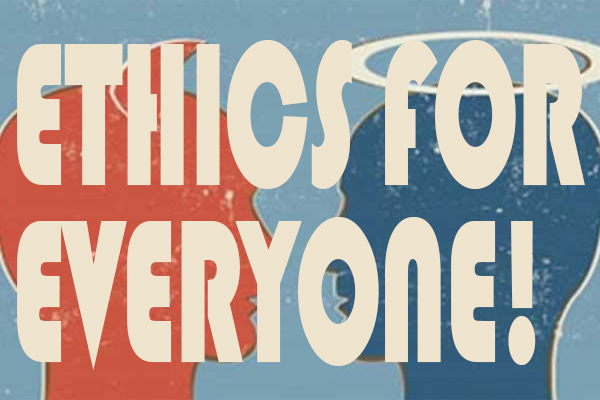

National Public Radio expanded its ethics code to require anyone who works for NPR — not just the news division — and anyone whose work is broadcast or distributed by NPR follow the code, ombudsman Elizabeth Jensen reported.
The discussion was prompted by a Washington Post article reporting that talk show host Diane Rehm was speaking at fundraisers for right-to-die groups, as iMediaEthics previously reported. Her show is broadcast on NPR but she technically isn’t an NPR employee so she wasn’t bound by NPR’s ethics guidelines prohibiting such advocacy.
“NPR distributes her show and allows WAMU to associate the NPR brand with it, but doesn’t ‘own’ or produce it,” Jensen explained earlier this year. After debating the issue, Rehm agreed to stop speaking at the fundraisers once she met her existing obligations, as iMediaEthics wrote.
In general, the guidelines say don’t fundraise for advocacy groups and don’t over-advocate any particular position. ” Hosts and other journalists on acquired news, news/talk and entertainment programs should avoid becoming participants in the stories and issues of the day,” the code recommends.
Read the full code here.
“Those who work for shows, podcasts and programming that are not part of the News division” and “material that comes to NPR from independent producers, member station journalists, outside writers, commentators and visual journalists” now must abide by the ethics code, although there is a caveat for people like Rehm, whose show is broadcast by NPR even though they don’t technically work for NPR.
“Because the missions of those programs vary widely, there may be greater flexibility,” the code states, according to Jensen. “Part of a program’s mission, for example, may be to have the host express his or her opinions about news events. In that case, NPR expects the show and host to be transparent — that is, to share those opinions with the audience — while also being fair and respectful of differing opinions.”
The code also suggests staff discuss questions or issues with their bosses.
Kathleen Allenbaugh, a spokesperson for WAMU, the affiliate that Rehm works for, told Poynter “We are happy that we could work collaboratively to help clarify NPR’s policy as it applies to NPR’s code of ethics for acquired programs. We appreciate the guidance NPR has provided. We will continue to consult NPR on these issues, as we have done in the past.”
Jensen pointed iMediaEthics to NPR’s public relations for our question about how the code will be enforced through non-NPR employees and also if the code will be online. We’ll update with any response.
